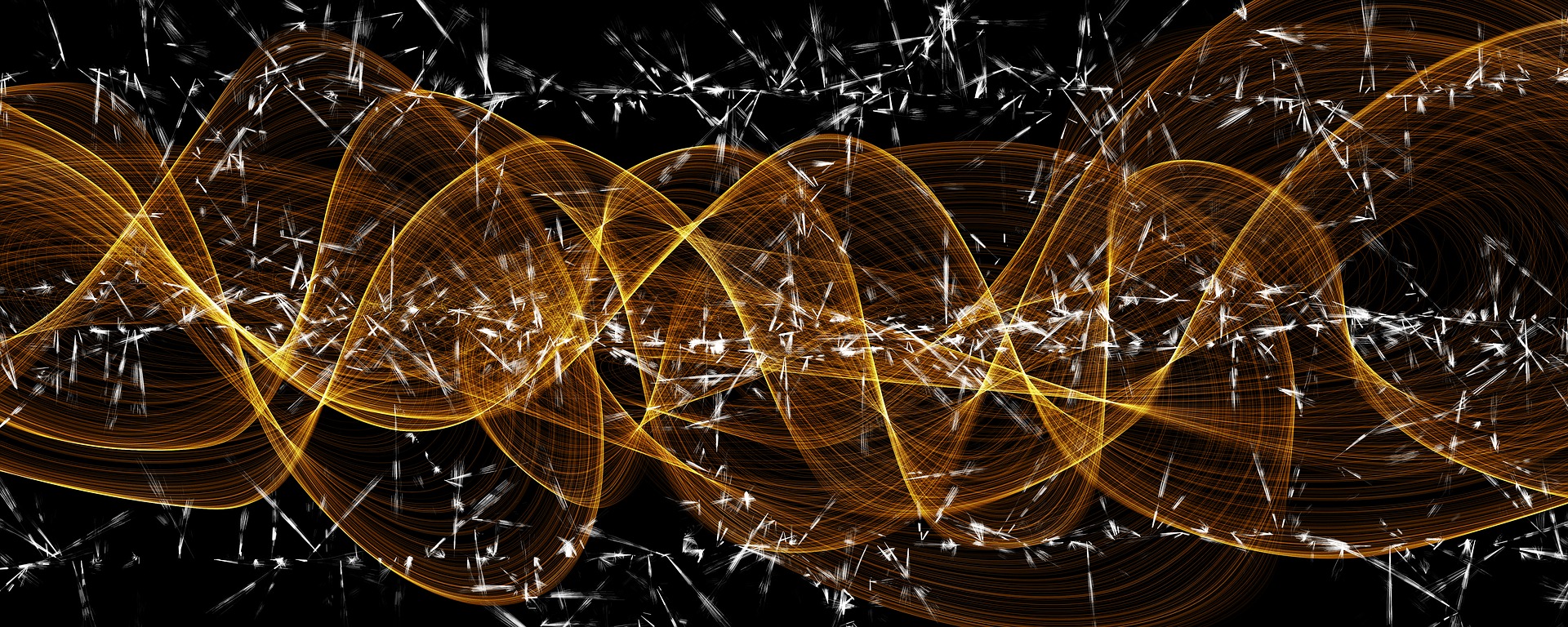Grant award for research into quantum random number generators
3 December 2019

“Quantum technologies range from more efficient computers, to better and more accurate measurements and images, to faster and more secure communication”
The School of Computing is celebrating a £445,000 grant award for research into quantum physics. Professor Julio Hernandez-Castro and Lecturer Carlos Perez Delgado will research into quantum random number generators (QRNGs) as part of the EPSRC Quantum Communications Hub.
Julio explained, “Our grant is basically to investigate QRNGs, and to analyse, improve and develop new statistical tests of randomness leading to new certification schemes that would help in guaranteeing the “quantumness” and security of new QRNGs, so that hopefully we will flood the market with new, better, extensively tested products over the next five years or so. This will enable the UK to become world market leaders in this promising new way of commercialisation for quantum technologies. We are a small part of a much larger project, and together with Queen’s University Belfast we will investigate the security of the products the physicists will develop, including against side-channel attacks.”
Julio will also join the project’s Hub Leadership Executive, that will oversee the management and delivery of the project.
Carlos’ main area of work has been to further our knowledge of the advantages and limitations that quantum theory conveys to communication, computation, metrology, and security.
He explained, “Quantum physics is a mathematical theory of the universe that is extremely successful. It, however, predicts behaviour that is wildly non-intuitive. Some of this surprising behaviour has permeated into pop-culture. Most have heard of Schrödinger's cat, which can be alive and dead simultaneously, and of photons that act as both particles and waves. For decades, both scientists and philosophers have tried to better understand this behaviour. In the last few decades, however, we've begun to try exploit this behaviour in the form of quantum technologies. These technologies range from more efficient computers, to better and more accurate measurements and images, to faster and more secure communication.”
The UK is poised to become an international leader in quantum technologies. As part of its strategy it has funded four Quantum Hubs: conglomerations of universities and private entities that come together to develop these technologies. The University of Kent is now part of the Quantum Communications Hub. This Hub focuses its attention on more efficient and secure communication using quantum effects. The University of Kent's contribution is in the area of quantum random number generators which are important tools for secure communication. Quantum effects can, at least in theory, make RNGs better. Prior work by Julio has shown that this is not always the case, and that that improvement highly depends on having a proper implementation.